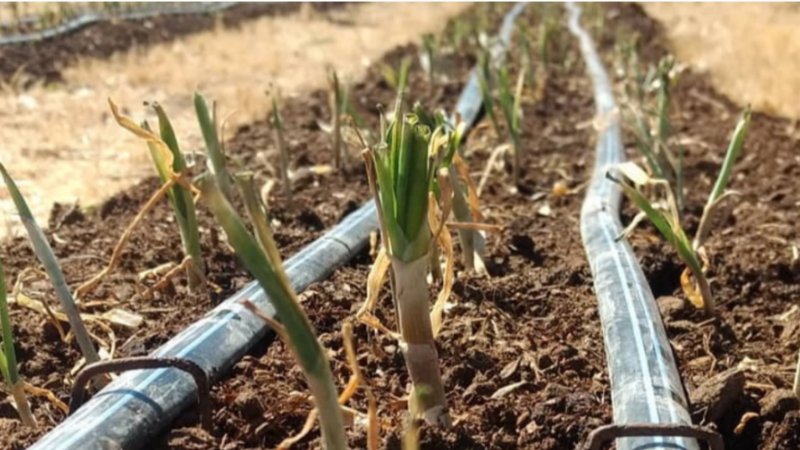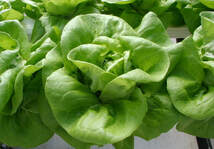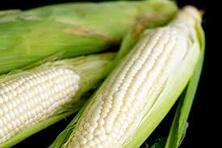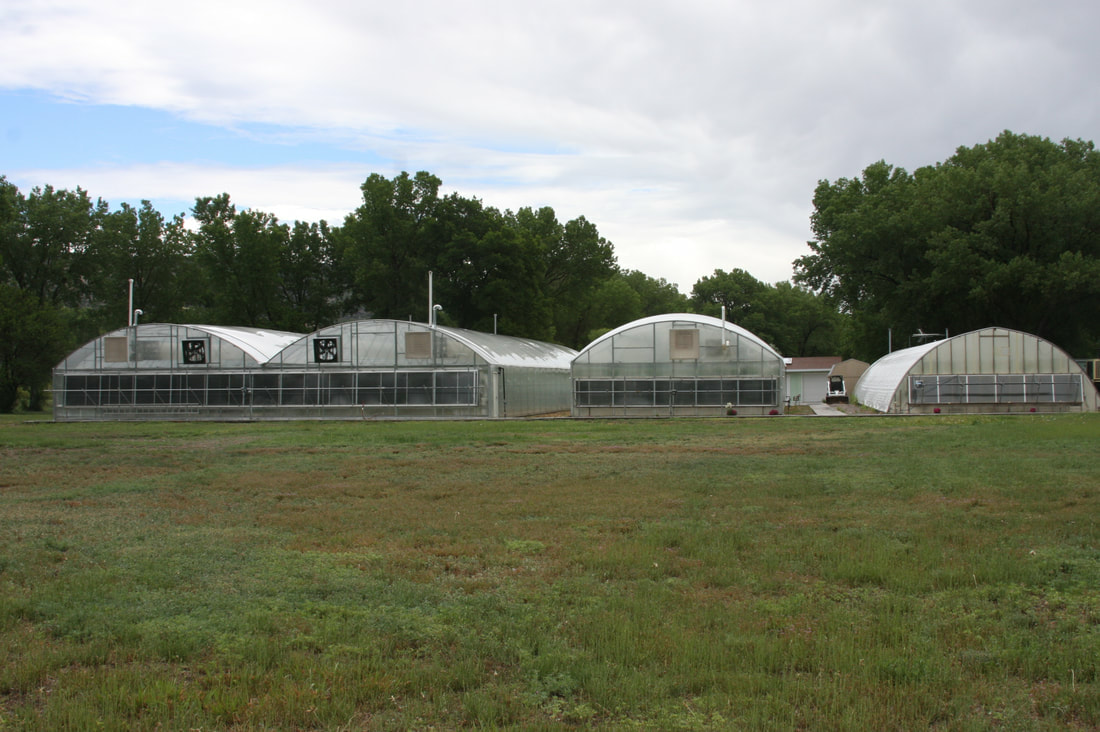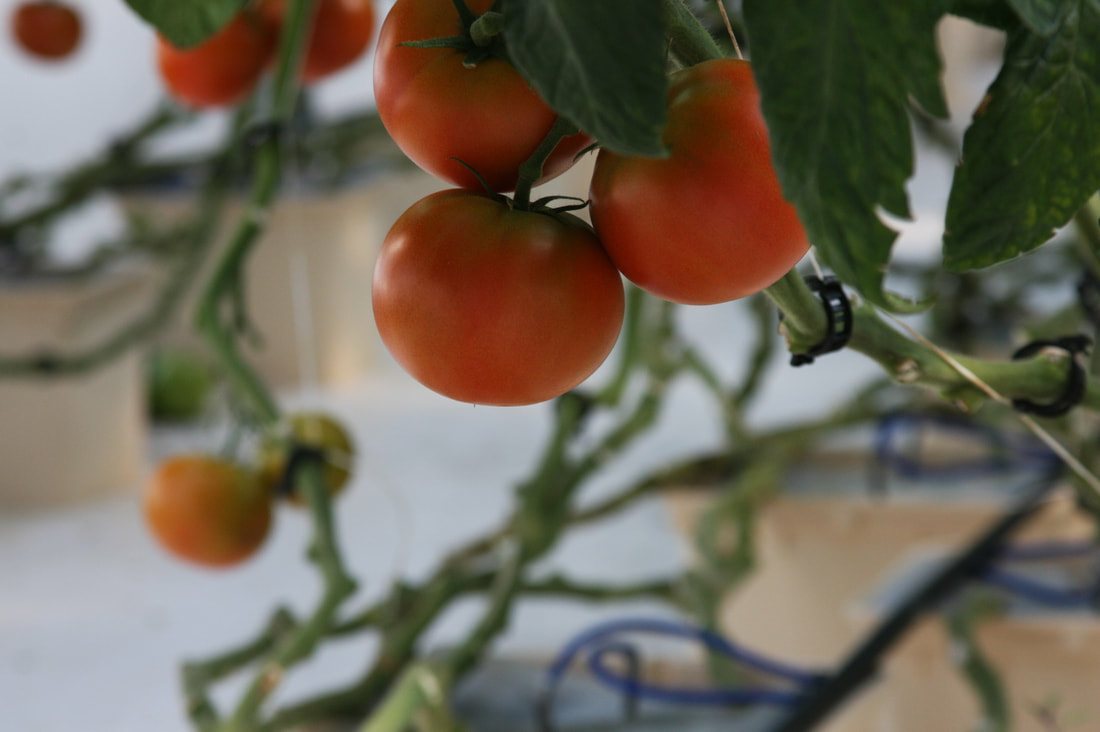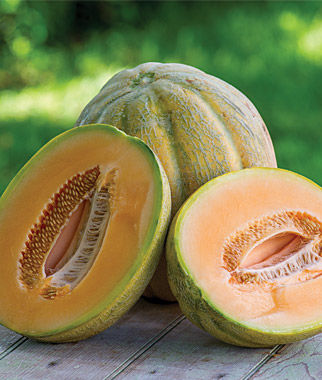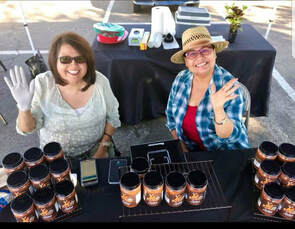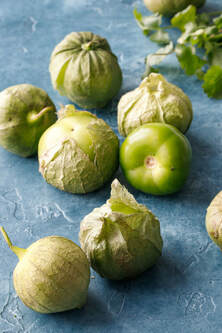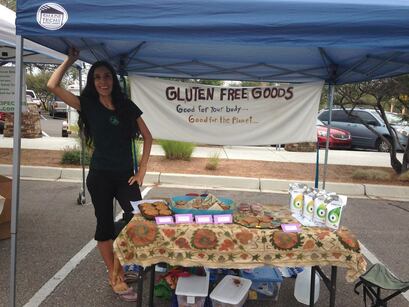2023 is a year of growth and change at MoGro
In January we became our own nonprofit. It’s a big step, and we believe it will mean stronger relationships with our partners and supporters. This change will allow us to be more creative and responsive in meeting each community's unique strengths and needs, and we are ready to hear your ideas about how we can work together!
We’re focused on MORE community partnerships to expand food access
As we plan for the year ahead, we’re focusing our programs on what we do the best: working in collaboration with partner organizations. While we have closed our drive-through pick-up sites that were designed to help everyone get through the pandemic, we are expanding to new communities through community-scale ordering!
During the pandemic, we began collaborating with clinics, schools, and Pueblos to provide healthy food tailored to their communities. Over the last year, the need for this kind of collaboration continued to grow, with new partners reaching out every month. Last year, this included 11 partners to provide 25,000 bags full of fresh, healthy food to people all over New Mexico.
By focusing on partnerships, we will be 100% available to explore ways to integrate community work with good food and healthy eating. We believe this is where MoGro can do the most good. When we work together, we combine strengths and have a larger impact.
Help us continue to increase our impact!
If you’re reading this as a long-time MoGro Member and have ideas about how MoGro can work with an organization in your area, we want to hear from you! Every community's needs are different and we like to get creative: often creative collaboration with one partnership leads to innovation in others.
To all of our supporters, including MoGro Members, we want you to know that your support has made all of the difference. You’ve told your friends and neighbors about what we do. You’ve shared recipes and excitement about fruits and veggies. Many of you made donations during the pandemic to help us create partnerships that are still transforming communities. This new shift wouldn’t have happened without your help. Thank you!
As always, to get in touch about community partnerships, email us at [email protected]
To contribute to our new nonprofit and 2023 partnerships, donate now!
In January we became our own nonprofit. It’s a big step, and we believe it will mean stronger relationships with our partners and supporters. This change will allow us to be more creative and responsive in meeting each community's unique strengths and needs, and we are ready to hear your ideas about how we can work together!
We’re focused on MORE community partnerships to expand food access
As we plan for the year ahead, we’re focusing our programs on what we do the best: working in collaboration with partner organizations. While we have closed our drive-through pick-up sites that were designed to help everyone get through the pandemic, we are expanding to new communities through community-scale ordering!
During the pandemic, we began collaborating with clinics, schools, and Pueblos to provide healthy food tailored to their communities. Over the last year, the need for this kind of collaboration continued to grow, with new partners reaching out every month. Last year, this included 11 partners to provide 25,000 bags full of fresh, healthy food to people all over New Mexico.
By focusing on partnerships, we will be 100% available to explore ways to integrate community work with good food and healthy eating. We believe this is where MoGro can do the most good. When we work together, we combine strengths and have a larger impact.
Help us continue to increase our impact!
If you’re reading this as a long-time MoGro Member and have ideas about how MoGro can work with an organization in your area, we want to hear from you! Every community's needs are different and we like to get creative: often creative collaboration with one partnership leads to innovation in others.
To all of our supporters, including MoGro Members, we want you to know that your support has made all of the difference. You’ve told your friends and neighbors about what we do. You’ve shared recipes and excitement about fruits and veggies. Many of you made donations during the pandemic to help us create partnerships that are still transforming communities. This new shift wouldn’t have happened without your help. Thank you!
As always, to get in touch about community partnerships, email us at [email protected]
To contribute to our new nonprofit and 2023 partnerships, donate now!

